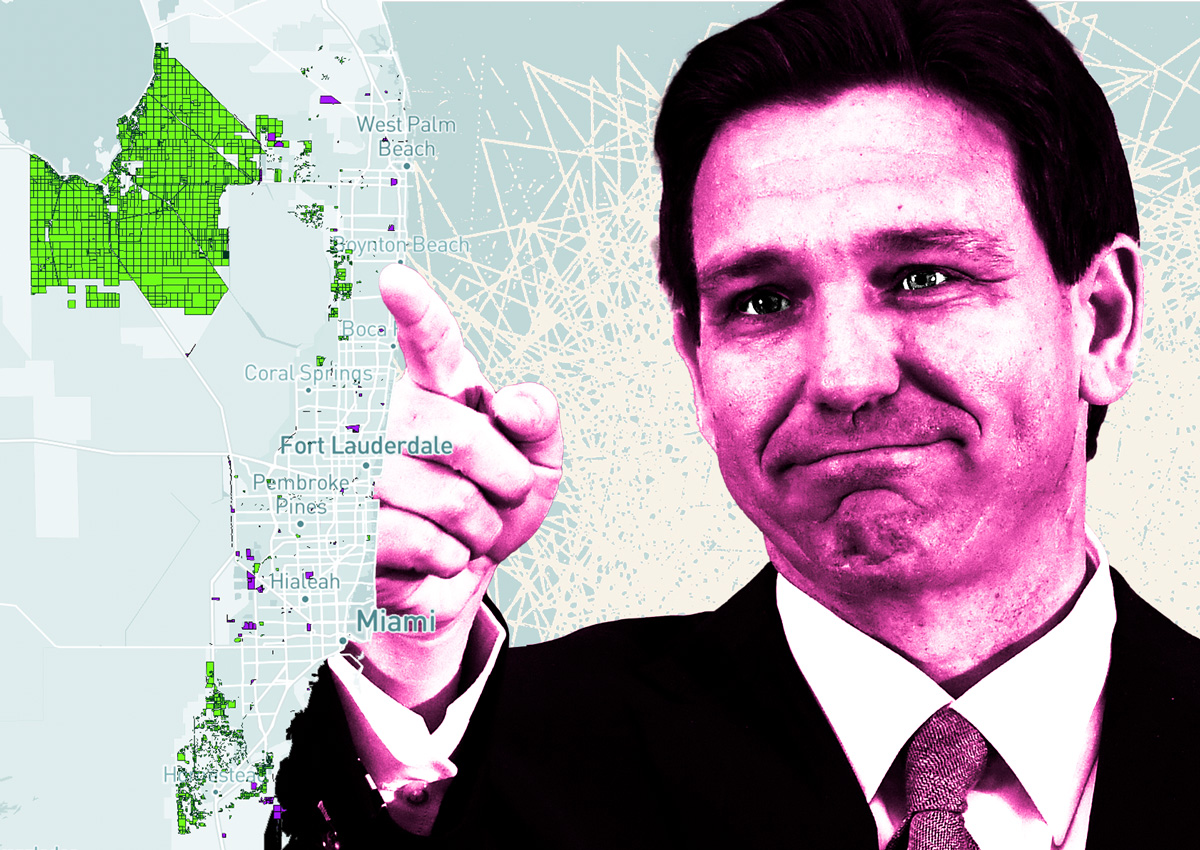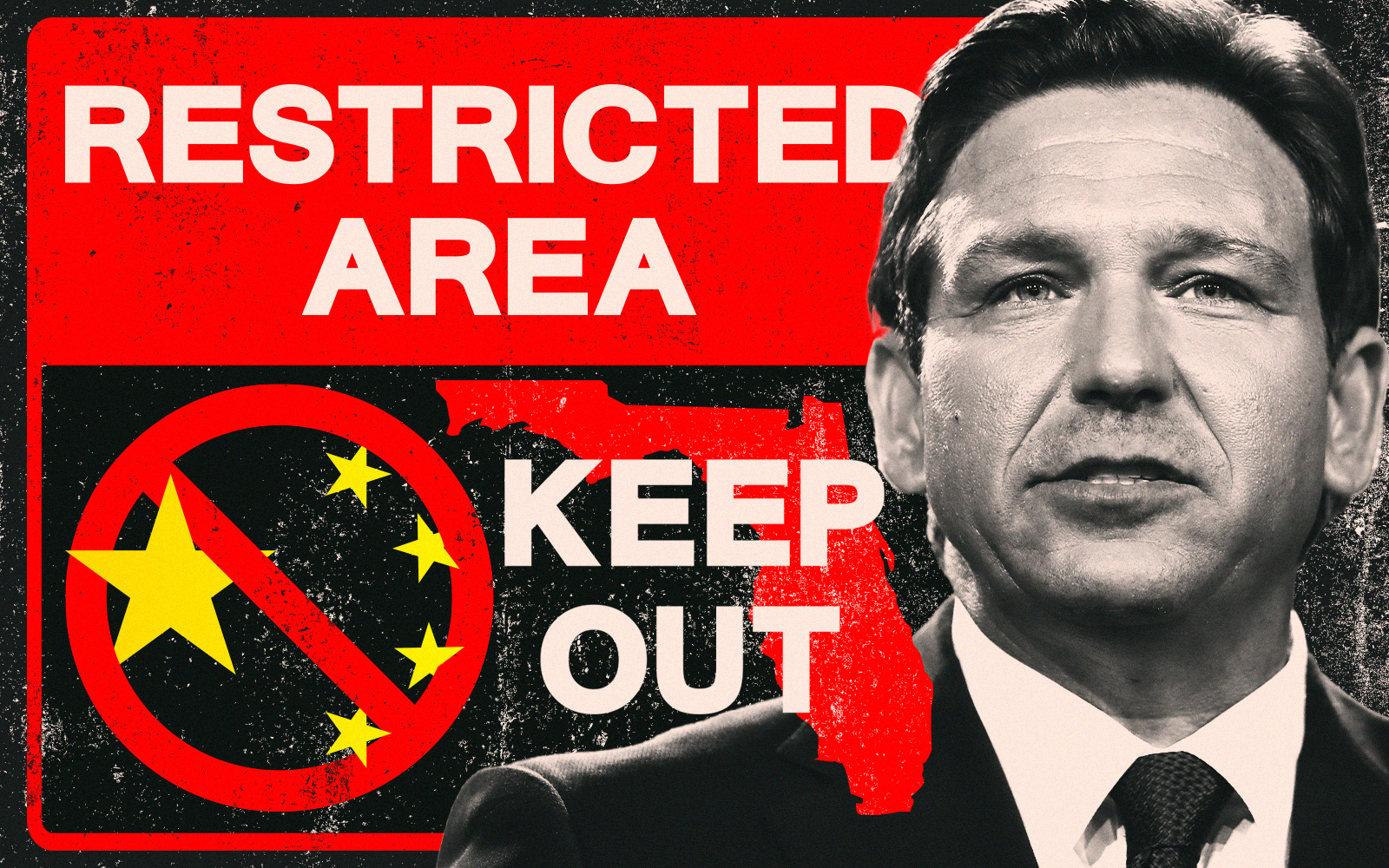In the past two years, South Florida’s real estate industry has been abuzz over the tri-county region becoming the next Big Tech mecca.
Venture capital firms opened offices in Wynwood. Politicians joined the fanfare: Miami Mayor Francis Suarez tweeted “How can I help?” in reference to Bay Area firms moving to Miami.
Some even rechristened the city “Silicon Valley of the South.”
But actual office leasing by technology companies hasn’t matched the region’s reputation as a magnet for these firms. Generally, tech leasing has been on the decline since 2021, and by some metrics, has failed to surpass pre-pandemic levels, according to data and brokers.
“In my experience, we are anecdotally hearing of it [tech firm demand]. We are not seeing a lot of it,” said Robert Orban, a Miami-based tenant broker with Cresa. “I hear, ‘Well, we are attracting tech.’ … It’s definitely on everyone’s mind, and I think it’s going to come to fruition, but not for a few years, and maybe many years to get on par with Boston or Austin — if ever.”
In late 2020, when most of the U.S. was still under a pandemic lockdown, South Florida’s early reopening, as well as lack of a state income tax, put the region on the map as a top choice for new-to-market firms. Suarez’s tweet, which came in December 2020 and went viral, was in response to venture capital firm Founders Fund partner Delian Asparouhov’s suggestion on Twitter to “move Silicon Valley to South Florida.”
Read more



While some brokers dispute data showing tech leasing has fallen below pre-pandemic times, citing a flurry of activity in 2021 and early last year, they also concede to a recent slowdown. The cooling is largely attributed to the work-from-home and hybrid-work trends, as well as macroeconomic factors, such as the higher cost of capital and a general economic slowdown.
So what is the reality of tech leasing in South Florida and what are brokers saying? The Real Deal set to find out.
Taking stock
In 2019, tech leases represented 7 percent of office deals in South Florida, and 11.7 percent of office square footage leased, according to an analysis by CompStak. (CompStak’s data is based on deals reported to its database.)
After a drop in leasing in 2020, likely explained by the pandemic lockdown, deals picked up the following year, in line with brokers’ experience. In 2021, tech firms represented 6.5 percent of South Florida office deals, and 11 percent of office square footage leased, according to CompStak. But it dropped in 2022, when tech leasing represented 5.5 percent of office deals signed, and 6.9 percent of total office square footage leased, CompStak’s data shows.
This year shows a spike in activity, but it’s attributed to a single big lease by one tech firm.
Software company Kaseya took 101,000 square feet of office space at the Wells Fargo Center at 333 Southeast Second Avenue in downtown Miami. The lease is in addition to its existing nearby headquarters at 701 Brickell Avenue in the city’s financial district.
The Kaseya deal is “a massive anomaly” for South Florida’s office market, and provides a “false narrative” about market activity, said broker Jeremy Larkin, of NAI in Miami.
“It’s nice that they took 101,000 square feet, but you are not going to get another tech company or any other company taking 100,000 square feet here any time soon,” he said. “You have to extrapolate the data without the Kaseya lease.”
Without the Kaseya deal, tech firms represented just over 5 percent of office deals and square footage leased this year, according to CompStak.
In the immediate months after South Florida’s business re-opening, tech leasing did in fact match the hype, Larkin said. But the Federal Reserve’s interest rate hikes have cooled family offices and venture capital firms’ appetite to back tech firms, which are perceived as high-risk investments, he said.
“Since the Fed started raising interest rates, and the economy started slowing down, you are seeing a corresponding drop in activity,” he said. “If they can’t get the funding, they can’t take more space. Investors are being more careful.”
Indeed, venture capital funding in South Florida is at a low of less than half-a-billion dollars so far this year, a nosedive from the $6.7 billion high it hit last year, according to data provided by Savills, sourced from the firm’s own research and Pitchbook.
In one example, Larkin said a local app maker has been trying to lease an office, but the experience turned into a “nightmare,” mainly because it was difficult for the tenant to get financial backing to lease the space.
Glenn Gregory, of Transwestern, said by nature, the tech industry is “dynamic,” and prone to consolidations.
“When companies merge or acquire others,” he said, “they may end up with redundant office spaces, which they end up subleasing.”
Silicon Valley? Not quite
As South Florida has gained a reputation as a tech magnet, the Bay Area’s Silicon Valley has been thrust in the spotlight over longtime staple companies downsizing and listing their office campuses.
Yet, data shows that the tech industry still has a much bigger foothold in the Bay Area than in South Florida.
This year, tech companies’ leases represent 23 percent of the office deals in the Bay Area, and 51 percent of the office square footage leased, according to CompStak. That’s still a bigger share than in South Florida, where tech leases this year represent 5.9 percent of office deals and 29 percent of square footage leased.
The tri-county region is lagging in part because South Florida traditionally has lacked the workforce needed for tech jobs, said Orban, of Cresa. While local universities, in partnership with the Knight Foundation, are creating training programs, it remains to be seen whether this will translate to more employees with skills required by tech firms.
Kevin Gonzalez, of Colliers, is among the believers in South Florida’s tech growth, vehemently arguing that the post-pandemic influx far surpassed leasing prior to 2020. While expansions may have paused because of macroeconomic conditions, leasing is expected to pick up again in a few years.
“There are some very large tech firms [that] have plans in the medium term, call it the next three to five years, to expand significantly in the market,” he said. “Miami is on a separate path from other markets because the intention is there. Just not [coming] in the near term.”
